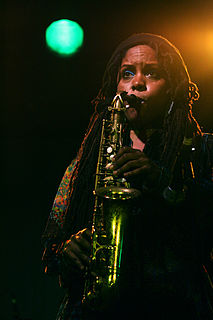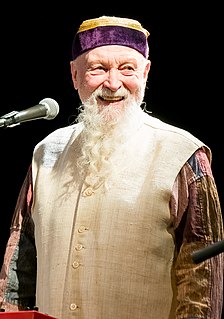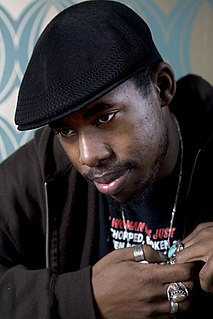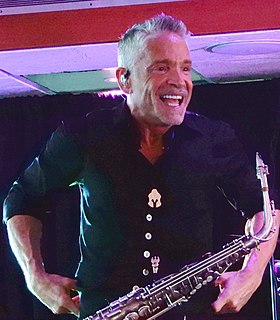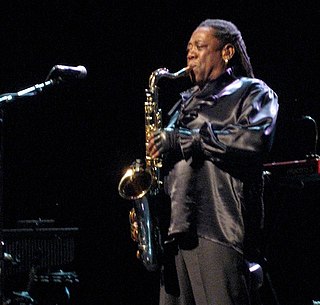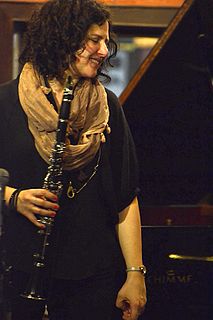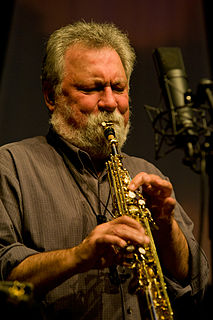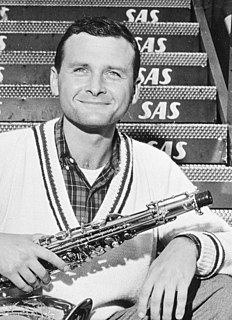A Quote by Joy Harjo
When you play a sax, that saxophone is irreverent. It's noisy; it's a trickster... you cannot hide the saxophone in your hands, so it's a good teacher.
Related Quotes
I decided to play the saxophone because it was the most obvious instrument in my family. There were a lot of saxophone players in my family, and there were extra saxophones, so that was an easy one to pick up. It was fun - it was okay - it just wasn't me. It didn't feel like my instrument, so I never followed through.
Switch to piano! No. Really, if you like an instrument that sings, play the saxophone. At its best it's like the human voice. Of course, it would be best if you could actually sing with your own voice. The saxophone is an imperfect instrument, especially the tenor and soprano, as far as intonation goes. Therefore, the challenge is to sing on an imperfect instrument or 'voice' that is outside of your body. I love that challenge and have for over forty-five years. As far as playing jazz, no other art form, other than conversation, can give the satisfaction of spontaneous interaction.



